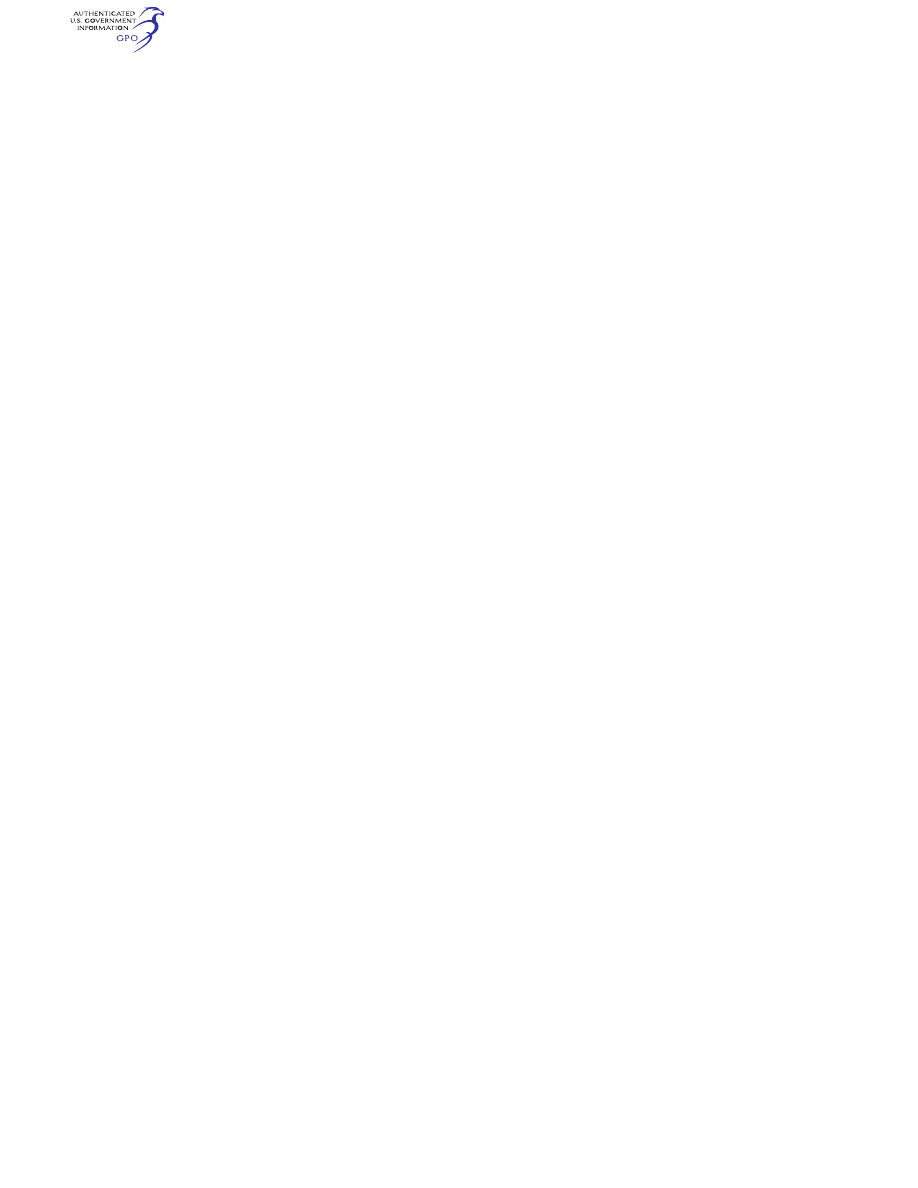
245
Federal Aviation Administration, DOT
§ 25.395
be conservatively estimated, consid-
ering the characteristics of the par-
ticular engine-propeller-airplane com-
bination.
(b) Pilot corrective action may be as-
sumed to be initiated at the time max-
imum yawing velocity is reached, but
not earlier than two seconds after the
engine failure. The magnitude of the
corrective action may be based on the
control forces specified in § 25.397(b) ex-
cept that lower forces may be assumed
where it is shown by anaylsis or test
that these forces can control the yaw
and roll resulting from the prescribed
engine failure conditions.
§ 25.371
Gyroscopic loads.
The structure supporting any engine
or auxiliary power unit must be de-
signed for the loads, including gyro-
scopic loads, arising from the condi-
tions specified in §§ 25.331, 25.341, 25.349,
25.351, 25.473, 25.479, and 25.481, with the
engine or auxiliary power unit at the
maximum rotating speed appropriate
to the condition. For the purposes of
compliance with this paragraph, the
pitch maneuver in § 25.331(c)(1) must be
carried out until the positive limit ma-
neuvering load factor (point A
2
in
§ 25.333(b)) is reached.
[Amdt. 25–141, 79 FR 73468, Dec. 11, 2014]
§ 25.373
Speed control devices.
If speed control devices (such as
spoilers and drag flaps) are installed
for use in en route conditions—
(a) The airplane must be designed for
the symmetrical maneuvers prescribed
in §§ 25.333 and 25.337, the yawing ma-
neuvers in § 25.351, and the vertical and
lateral gust and turbulence conditions
prescribed in § 25.341(a) and (b) at each
setting and the maximum speed associ-
ated with that setting; and
(b) If the device has automatic oper-
ating or load limiting features, the air-
plane must be designed for the maneu-
ver and gust conditions prescribed in
paragraph (a) of this section, at the
speeds and corresponding device posi-
tions that the mechanism allows.
[Doc. No. 5066, 29 FR 18291, Dec. 24, 1964, as
amended by Amdt. 25–72, 55 FR 29776, July 20,
1990; Amdt. 25–86, 61 FR 5222, Feb. 9, 1996;
Amdt. 25–141, 79 FR 73468, Dec. 11, 2014]
C
ONTROL
S
URFACE AND
S
YSTEM
L
OADS
§ 25.391
Control surface loads: Gen-
eral.
The control surfaces must be de-
signed for the limit loads resulting
from the flight conditions in §§ 25.331,
25.341(a) and (b), 25.349, and 25.351, con-
sidering the requirements for—
(a) Loads parallel to hinge line, in
§ 25.393;
(b) Pilot effort effects, in § 25.397;
(c) Trim tab effects, in § 25.407;
(d) Unsymmetrical loads, in § 25.427;
and
(e) Auxiliary aerodynamic surfaces,
in § 25.445.
[Doc. No. 5066, 29 FR 18291, Dec. 24, 1964, as
amended by Amdt. 25–86, 61 FR 5222, Feb. 9,
1996; Amdt. 25–141, 79 FR 73468, Dec. 11, 2014]
§ 25.393
Loads parallel to hinge line.
(a) Control surfaces and supporting
hinge brackets must be designed for in-
ertia loads acting parallel to the hinge
line.
(b) In the absence of more rational
data, the inertia loads may be assumed
to be equal to
KW, where—
(1)
K = 24 for vertical surfaces;
(2)
K = 12 for horizontal surfaces; and
(3)
W = weight of the movable sur-
faces.
§ 25.395
Control system.
(a) Longitudinal, lateral, directional,
and drag control system and their sup-
porting structures must be designed for
loads corresponding to 125 percent of
the computed hinge moments of the
movable control surface in the condi-
tions prescribed in § 25.391.
(b) The system limit loads of para-
graph (a) of this section need not ex-
ceed the loads that can be produced by
the pilot (or pilots) and by automatic
or power devices operating the con-
trols.
(c) The loads must not be less than
those resulting from application of the
minimum forces prescribed in
§ 25.397(c).
[Doc. No. 5066, 29 FR 18291, Dec. 24, 1964, as
amended by Amdt. 25–23, 35 FR 5672, Apr. 8,
1970; Amdt. 25–72, 55 FR 29776, July 20, 1990;
Amdt. 25–141, 79 FR 73468, Dec. 11, 2014]
VerDate Sep<11>2014
09:06 Jun 28, 2024
Jkt 262046
PO 00000
Frm 00255
Fmt 8010
Sfmt 8010
Y:\SGML\262046.XXX
262046
jspears on DSK121TN23PROD with CFR